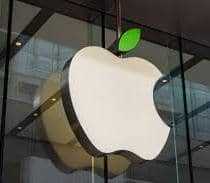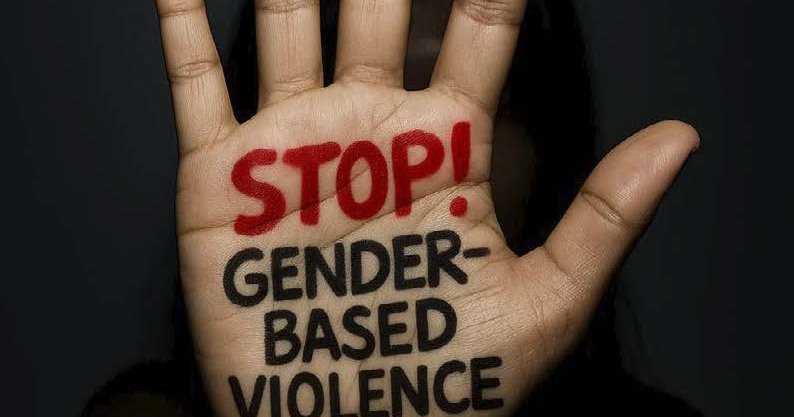
Zim Now Writer
The Democratic Republic of Congo has filed criminal complaints against Apple subsidiaries in France and Belgium, alleging the tech giant profits from conflict minerals linked to human rights abuses.
Congo’s lawyers accuse Apple of using minerals sourced from conflict zones in its supply chain, making the company complicit in war crimes and other atrocities.
The complaints, filed in Paris and Brussels on Monday, claim Apple uses tin, tantalum, tungsten, and gold (collectively known as 3T minerals) illegally mined in Congo. The minerals, critical for electronic devices, are often sourced from artisanal mines controlled by armed groups involved in violence, mass rapes, and looting, according to U.N. reports.
Congo’s lawyers argue Apple falsely presents its supply chain as conflict-free by relying on flawed certification schemes such as ITSCI, despite these programs being discredited by industry experts. The accusations include covering up war crimes, laundering minerals, and misleading consumers about its ethical sourcing practices.
Apple strongly denies the allegations, stating it enforces rigorous supplier standards and audits. The company emphasized it does not source primary minerals directly and has instructed suppliers to avoid sourcing 3T minerals from Congo and Rwanda.
"Earlier this year, as the conflict in the region worsened, we notified our suppliers to suspend sourcing these minerals from the DRC and Rwanda," Apple said in a statement.
"Most of the minerals in our products are recycled, and we have increased support for organisations aiding affected communities."
The DRC, a leading source of 3T minerals, has been devastated by decades of conflict fueled by competition over natural resources. Armed groups often smuggle minerals through neighboring Rwanda to fund their activities, exacerbating violence in the region. Millions of Congolese civilians have been killed or displaced since the 1990s.
Related Stories
Congo’s case also targets ITSCI, a traceability program meant to ensure responsible sourcing of 3T minerals. Critics argue ITSCI facilitates the laundering of conflict minerals, a claim supported by a 2022 report from Global Witness.
Despite this, Apple continues to reference ITSCI in its filings, raising questions about its commitment to ethical sourcing.
France and Belgium were chosen for the lawsuits due to their focus on corporate accountability. Judicial authorities in both countries will determine whether to investigate further and bring charges against Apple.
Congo’s move marks its first legal action against a major tech company for complicity in the trade of conflict minerals. Robert Amsterdam, a lawyer representing Congo, described the complaints as a "first salvo" in a broader effort to end the pillaging of Congo’s resources.
As international scrutiny over conflict minerals intensifies, the case could have far-reaching implications for Apple and other global tech companies relying on minerals from high-risk regions.




















Leave Comments